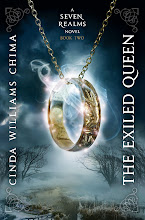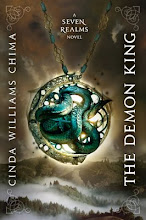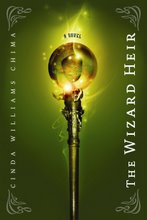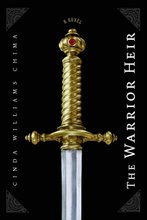Young Writer Writes:
I’m in eighth grade, and I’m supposed to write a 50,000-word novel for English class, and I’m having trouble coming up with a plot. Do you have any advice?
Dear Young Writer: Whoa, the bar’s been raised since I was your age. I had to write four-paragraph persuasive essays. Of course, sticking to four paras isn’t easy for a fantasy writer.
Well, you know I’m not going to hand you a plot line, because writing is difficult enough without having to write somebody else’s story. But I will give you some advice.
1. Writers get ideas from their own experiences. We are all constantly collecting experiences that can be used in story. There are lots and lots of writing prompts out there that can stimulate story.
2. Many writers are stopped by the notion that they have to have everything figured out before they begin. If you’ve read my Plungers vs. Plotters post, you know that I don’t outline ahead or time, though I do have a rather loose framework. The writing process spawns story.
3. If you do your work with character, plot comes naturally. Every story starts with a character, her desires, and the obstacles in the way. That’s where conflict comes from. If you do your work with character up front, plot will follow. Your job as a writer will be easier.
4. Once you have a character and her desires and obstacles, think how you can make matters worse. At the opening of the Harry Potter novels, Harry’s biggest problem is those nasty Dursleys. But soon, more and more problems are piling on. Fantasy is especially good for that. Not only does Buffy the Vampire Slayer have to navigate the minefield of high school, she’s living on the Hellmouth.
5. While writing a first draft, stay open to serendipity, to new ideas, even if you do outline ahead of time. As you write, connections and complications will surface that you didn’t anticipate. Don’t be afraid to go with them, and clean up after. That’s why writing in the computer age is so much easier than, say, woodworking. It’s a lot easier to undo and redo.
6. I’ve said this before, but I’ll say it again—the first draft is where you lay the framework of plot. In order to do that, turn off the editor in your head. I have writer friends who will put a note in the middle of a chapter—WRITE AN AWESOME DESCRIPTION HERE or SHOW HOW NASTY TABITHA IS or GET THEM BACK TO SCHOOL SOMEHOW. Don’t lose momentum by figuring out every detail.
7. Hopefully, these guidelines will help you finish a first draft. But understand that a first draft is just a start. Just because you’re done doesn’t mean you’re done. Learn to love revision.





































